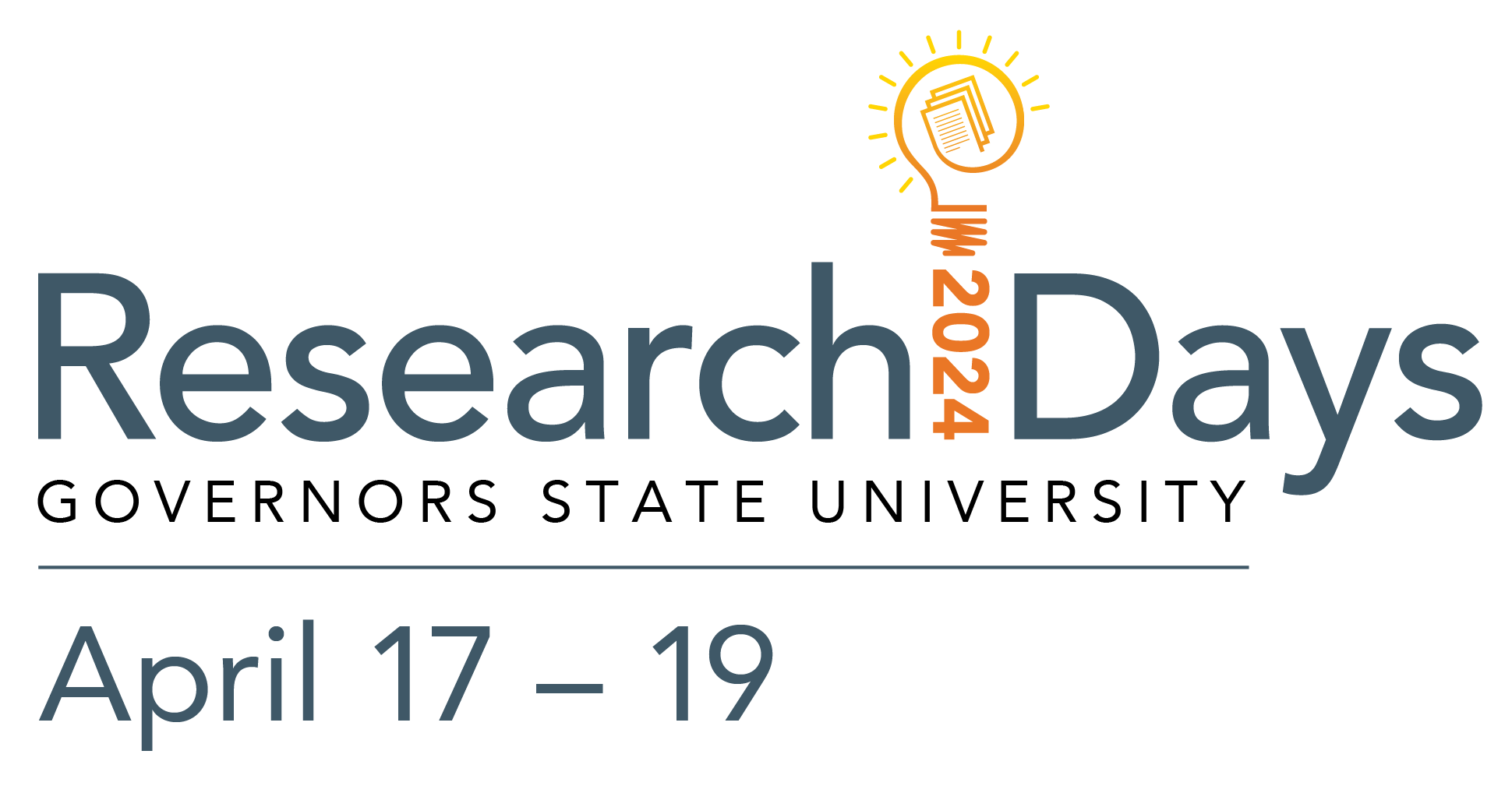Loading...
Type of Presentation
Panel
Location
Virtual
Description of Program
GSU students that participated in the Alternative Spring Break 2024 program will participate in a panel discussion and share their experiences. There will be a question and answer period at the end of their presentation.
Abstract
Civic Engagement and Intercultural Education will host the annual Alternative Spring Break (ASB) trip in partnership with Habitat for Humanity Collegiate Challenge in Fort Lauderdale, Florida, beginning on Monday, March 11, 2024 and ending on Friday, March 15, 2024 The goal is to visit a location that will facilitate the opportunity for students to complete at least 20 hours of community service and 10 hours of immersive cultural education during spring break. Students will accomplish this by collaborating with local agencies in areas that include but are not limited to disaster relief, construction, education/literacy, economic development/recovery, sustainability, and civic engagement. This service-learning experience will help students with personal and professional development. Furthermore, students will develop vital soft skills associated with teamwork, leadership, problem-solving, adaptability, and flexibility. At the end of the experience, students will be able to reflect on the impact the service has had on the community and the impact the community has had on the student. Students will be required to participate in a panel discussion regarding impact.
Presentation File
wf_yes
2024 Alternative Spring Break
Virtual
Civic Engagement and Intercultural Education will host the annual Alternative Spring Break (ASB) trip in partnership with Habitat for Humanity Collegiate Challenge in Fort Lauderdale, Florida, beginning on Monday, March 11, 2024 and ending on Friday, March 15, 2024 The goal is to visit a location that will facilitate the opportunity for students to complete at least 20 hours of community service and 10 hours of immersive cultural education during spring break. Students will accomplish this by collaborating with local agencies in areas that include but are not limited to disaster relief, construction, education/literacy, economic development/recovery, sustainability, and civic engagement. This service-learning experience will help students with personal and professional development. Furthermore, students will develop vital soft skills associated with teamwork, leadership, problem-solving, adaptability, and flexibility. At the end of the experience, students will be able to reflect on the impact the service has had on the community and the impact the community has had on the student. Students will be required to participate in a panel discussion regarding impact.

